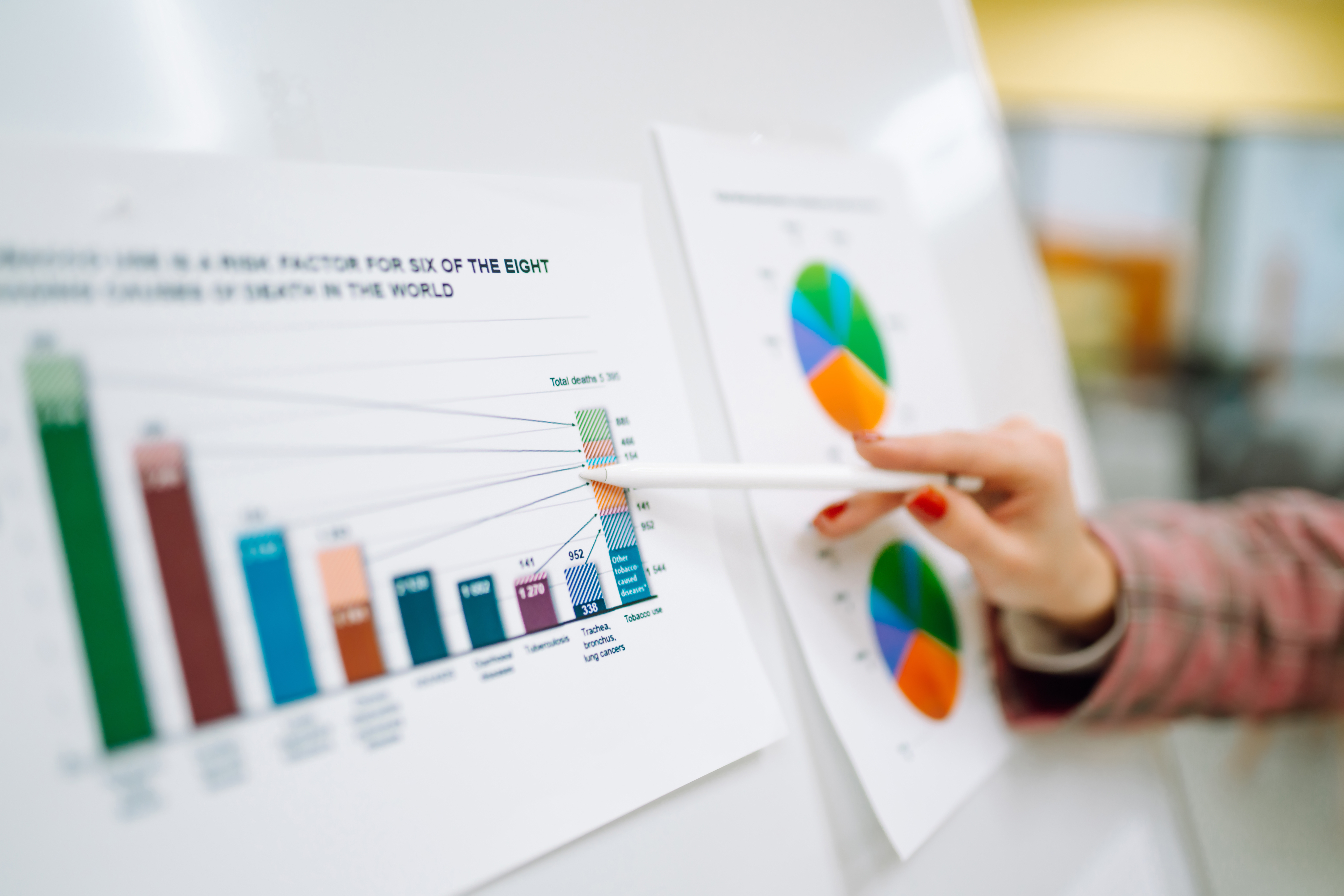About Us
What we do
The European Space Agency is Europe’s gateway to space.
Its mission is to shape the development of Europe’s space capabilities and ensure that investment in space continuously supports the competitiveness of the European industry and delivers benefits to the citizens of Europe and the world
For this purpose, ESA monitors the economic value of the space sector, and of Europe’s competitiveness and measures the socio-economic impact of its activities. This has been done by relying on close collaboration with Member States and international bodies such as the OECD. Continuously strengthening this capability is an enabler to pilot and steer the European space industry and scientific R&D activities to respond to critical societal needs and to maximise the positive contribution of space towards Europe’s sustainability, competitiveness, leadership and strategic autonomy.
As part of ESA’s Directorate for Commercialisation, Industry and Competitiveness (CIC), the Space Economy team:
Economic value of the
space sector
Monitors the evolution of the space sector globally and of Europe’s competitiveness, providing the different stakeholders of ESA Member States with key figures and trends on public and private investment in space, space activity, space industry’s revenues both upstream, downstream and the space sector’s workforce;

Strategic partnerships
Promotes the exchange of best practices on space economy and the harmonisation of methodological approaches through both close internal collaboration with ESA programmes and external strategic partnerships such as with the OECD, Eurostat and the European Commission’s Joint Research Centre (JRC), and CERN;

Impacts of space
Coordinates and harmonises ESA’s efforts to assess the social, economic and environmental impact of Member States’ investment in ESA programmes, notably in support of programme proposals submitted for decisions at ESA Council meetings at Ministerial level;

ECSECO
Runs the European Centre for Space Economy and Commerce (ECSECO), providing a unique European platform for interdisciplinary exchanges on space economy and commerce through workshops, networking events, and collaborative research.

Cooperation
The team ensures the secretariat of ESA’s Inter-Directorate Working Group
(IDWG) on Space Economy.
Since 2014, the group gathers representatives from all ESA directorates
and provides a forum for
cooperation,
discussion and knowledge sharing. The group
works together notably in support of programme proposals
submitted
for decisions at ESA Council meetings at Ministerial level.
The Space Economy team is also the official ESA point of contact for other
national and international
institutions in charge of measuring the space economy
(e.g., the OECD Space Forum), with the objective
to
foster
the development of a
European expert community in the space economy domain.
The research
The flagship product of ESA Space Economy team is the “Report on the Space Economy”, annually presented to ESA Industrial Policy Committee and to ESA Council.
The objective of the report is to provide an annual update on the status and trends of the space industry globally, monitoring Europe’s competitiveness
The team also leads the research on the impact of space activities, supporting ESA programmes in the measurement of their impacts since 2014. The objective is to provide Member States with an overarching view of the socio-economic impacts of their investment in ESA programmes.
Since 2022, the impact of ESA on Europe’s environment and sustainability has been added in the scope of ESA impact studies. The research builds on a first ever cooperation between ESA’s Space Economy team, ESA’s Clean Space team, and ESA’s Climate and Sustainability office to ensure compliance with ESA’s Life Cycle Assessment framework and full integration within ESA’s Green Agenda. Prepared by ESA Space Economy team in support of ESA Ministerial Council 2025, the "Space Benefits for Earth" presentation highlights selected examples from the benefits to Europe of public investment in space, and in ESA programmes.
All the research and studies published by the team is available in the library.


